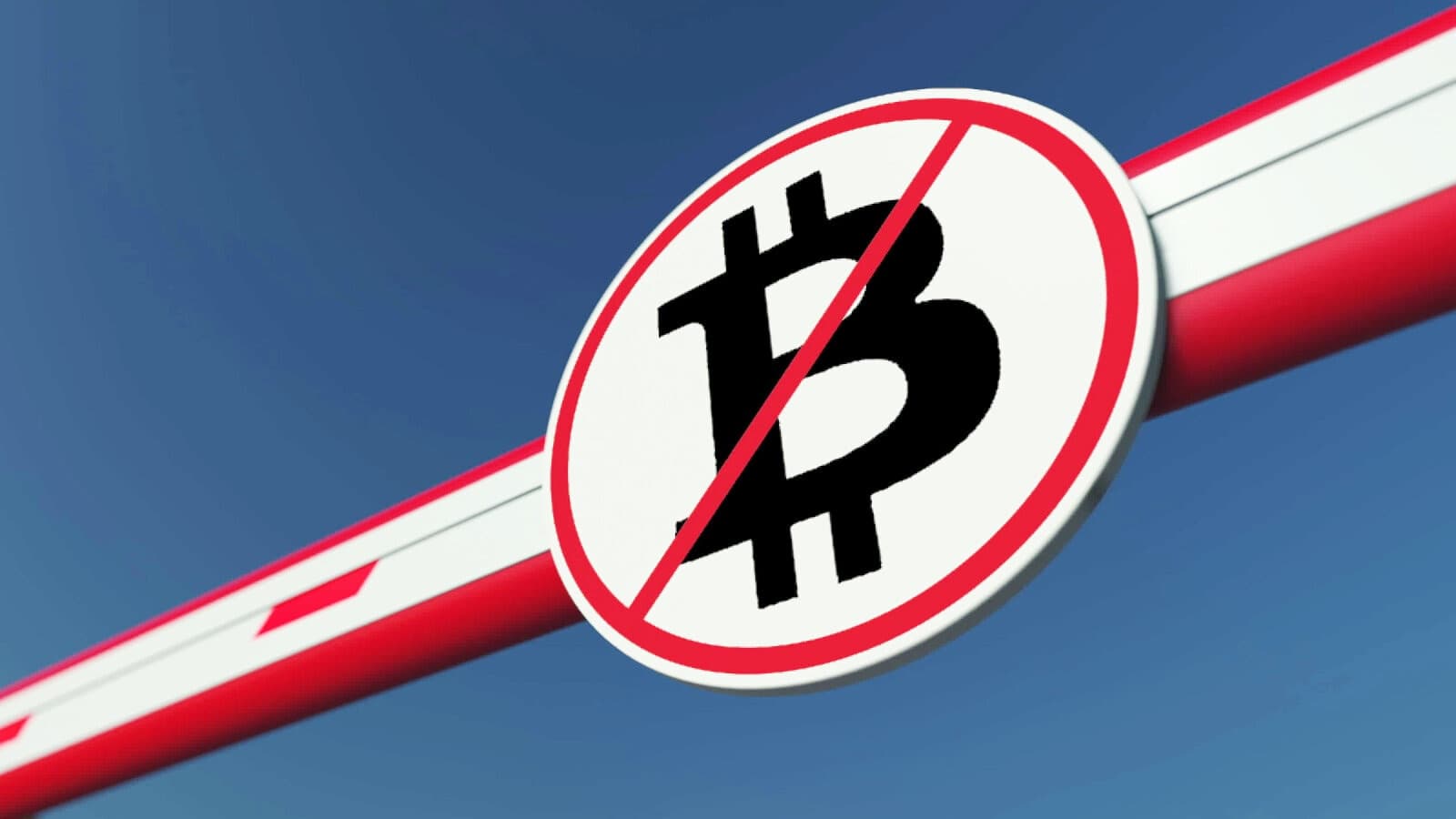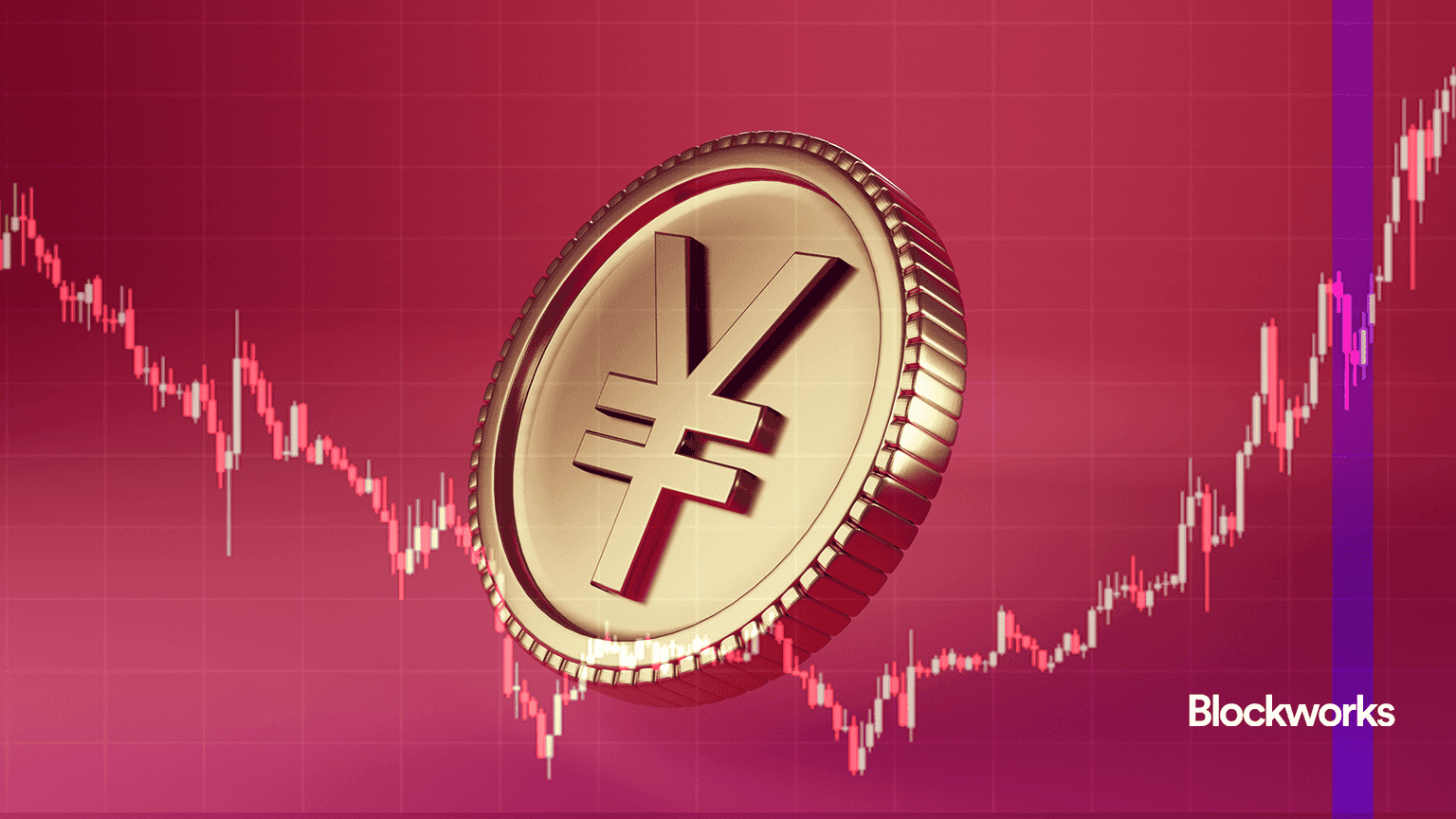Hong Kong Mulls Lifting Retail Crypto Ban
Local securities regulators will conduct a public consultation on restoring crypto access for retail investors

Source: Shutterstock
- Hong Kong issued guidance in May of last year limiting crypto trading to professional investors
- Stablecoin regulation and a number of pilot projects are being weighed for the benefit of financial innovation, Hong Kong Financial Secretary says
Hong Kong officials have confirmed interest in lifting a ban on retail crypto trading amid plans to bolster economic growth via the digital asset sector.
The Financial Services and the Treasury Bureau of Hong Kong said Sunday that local securities regulators will conduct a public consultation on restoring “suitable” crypto access for retail investors. It could also introduce ETFs for digital assets to its market.
“We recognize the increasing acceptance of [digital assets] as a vehicle for investment allocation by global investors, be they institutional or individual,” per the statement that did not provide a definitive timeline on when the consultation period would conclude.
The financial agency said it would take a “careful” and “cautious” approach regarding the risks digital assets present to retail investors and would enhance investor education while ensuring it has suitable regulatory arrangements in place.
In May of last year, Hong Kong issued guidance mandating that exchanges operating in the city would require licensure and would only be able to service professional investors — those with a portfolio of 8 million Hong Kong dollars ($1.01 million). That licensing scheme is set to come into effect in March 2023.
Earlier this year, lawyers relayed belief that the framework could eventually expand to local retail investors, leading up to Bloomberg reporting last Thursday that Hong Kong regulators were moving toward lifting the retail ban altogether as the VASP licenses come into effect.
Blockworks reached out to Hong Kong’s Financial Services and the Treasury Bureau but did not receive a reply by press time.
Some major crypto players once called Hong Kong home
In their recent policy statement, Hong Kong regulators also noted that it would undertake future reviews on property rights for tokenized assets, alongside analyzing the technical legality of smart contracts.
“We recognize [digital assets] have unique characteristics different from traditional assets and their features may not fit squarely into the current private property law categories or definitions in Hong Kong.”
Further consultations on a regulatory regime for stablecoins are expected to be announced “in due course” by the Hong Kong Monetary Authority (HKMA) — the region’s central bank — per the statement.
Following lessons learned from the industry’s turmoil earlier this year, stablecoin regulation will focus on governance, stabilization and redemption mechanisms, the agency said.
A number of pilot projects are also being explored in a bid to test the feasibility of digital assets as they apply to financial markets including NFT issuance during Hong Kong’s Fintech Week, bond tokenization and the region’s central bank digital currency — the e-HKD.
While further information on the proof-of-concept NFT project was not provided, the government said it was doing so as a part of its efforts to engage the fintech and Web3 communities.
Speaking at Hong Kong FinTech Week 2022, Hong Kong Financial Secretary Paul Chen said Sunday the city’s decision was based on fostering economic growth.
Hong Kong has historically played host to a number of high-profile operators, including Bitfinex/Tether, Crypto.com, FTX and OKCoin, although some have relocated to more accommodating jurisdictions over the years.
“We want to make our policy stance clear to global markets, to demonstrate our determination to explore financial innovation together with the global virtual assets community,” Chen said.
David Canellis contributed reporting.
Get the news in your inbox. Explore Blockworks newsletters:
- The Breakdown: Decoding crypto and the markets. Daily.
- 0xResearch: Alpha in your inbox. Think like an analyst.






